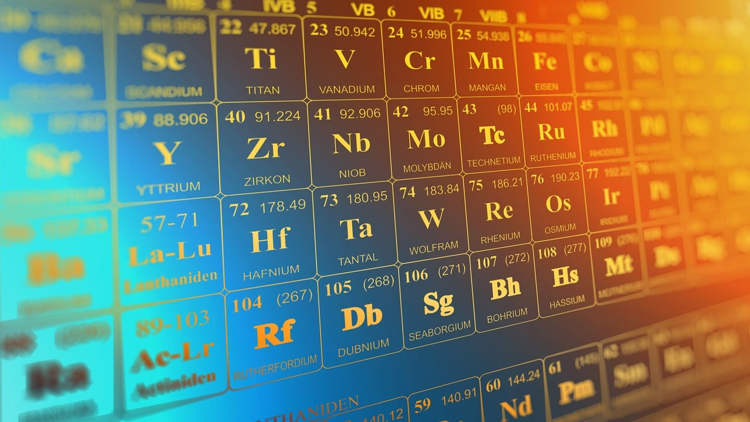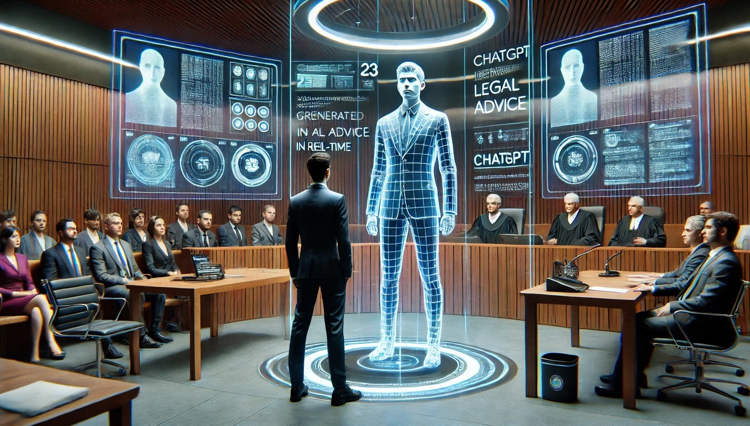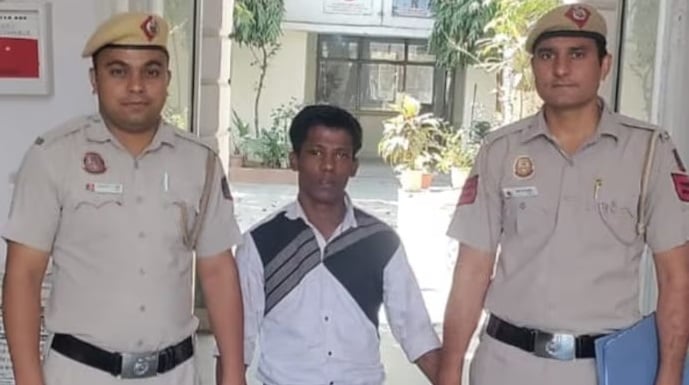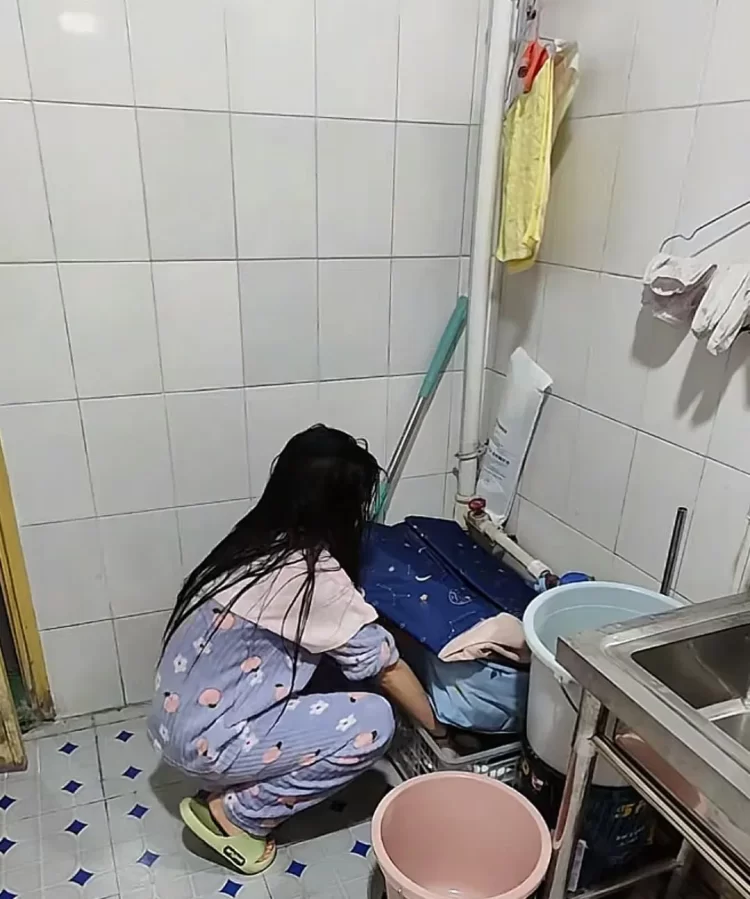People often use the phrase “I feel you pain” when trying to comfort somebody, but usually it has a figurative meaning. That’s not the case with Joel Salinas, a doctor suffering from a rare condition called mirror-touch synesthesia which actually allows him to feel the physical pain of his patients.
Salinas, a neurologist at Massachusetts General Hospital, says that he has had the condition since childhood. Whenever he would observe other people hugging, for instance, he would feel hugged as well. And when he saw people get hit, he felt the discomfort too. “When I see people, I have the sensation of whatever touches their body on my own body, and it’s kind of reflected as a mirror,” he explained.
Although he doesn’t exactly experience pain of the same intensity, he does call the sensation ‘unsettling’. Like this one time, when he was watching an amputation in med school and he felt as if his own arm was being dismembered. “It was very graphic,” he said. “I could feel the blood.”
Mirror-touch synesthesia is incredibly rare – only between one and two percent of the population have it. The condition is related to the activity of mirror neurons – the cells are apparently activated when the body performs an action, or watches another being perform it. “We often flinch when we see someone knock their arm, and this may be a weaker version of what these synesthetes experience,” said cognitive neuroscientist Jamie Ward.
The rare condition is often a burden to people who have it. “They’re kind of crushed by those sensations because it’s too much and it’s overwhelming and they develop issues with anxiety and depression and essentially become shut-ins at times,” Salinas said. But he regards mirror-touch synesthesia as an advantage in his relationship with patients
“I think it’s empowered me to really connect with my patients,” he said. “There’s a wall that’s torn down when you feel a lot of the sensations that your patients feel as well. It’s like being aggressively put in somebody else’s shoes. It’s part of who I am. It would be really weird not to have it.”
via CBS Boston








